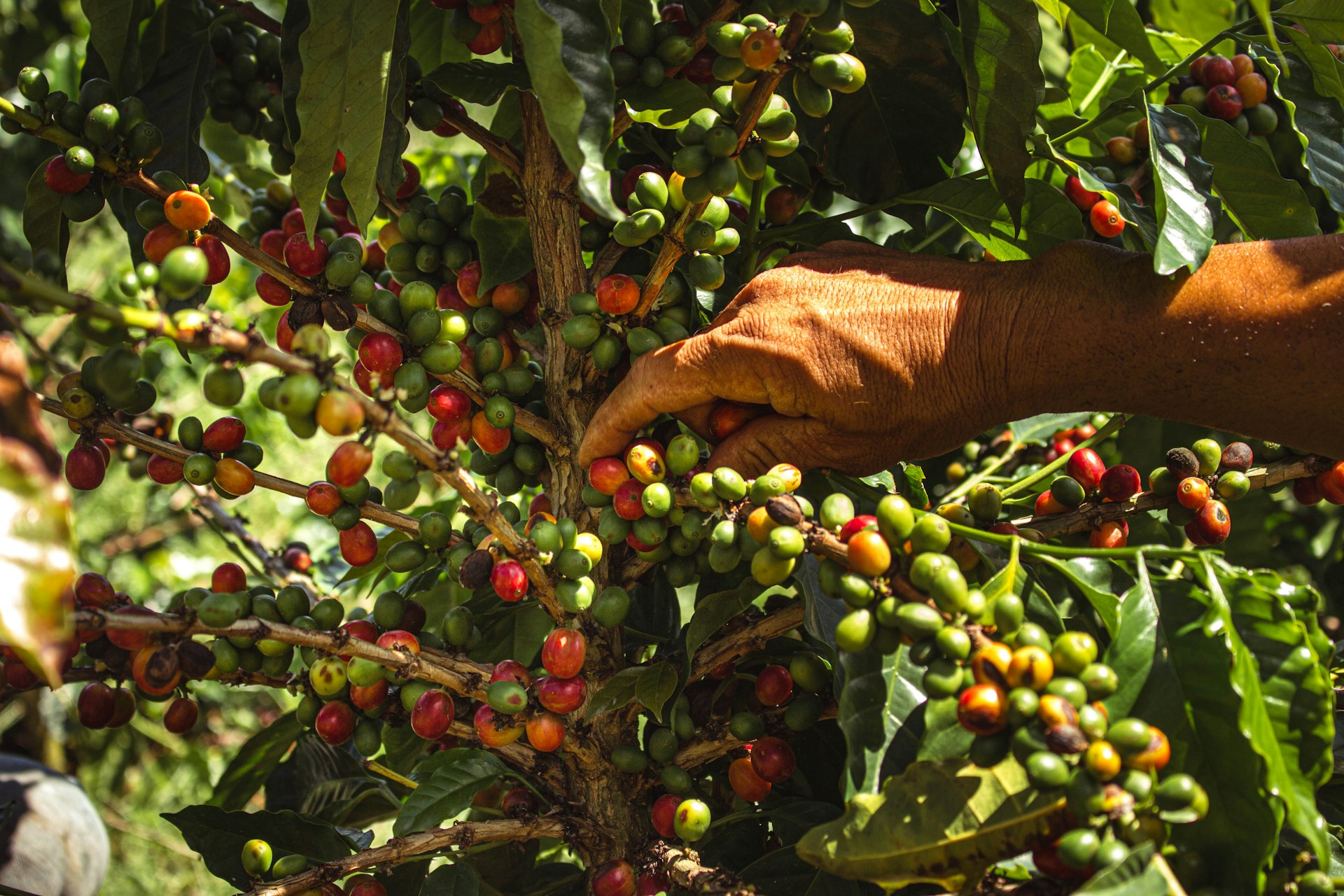As with any kind of business, a franchise’s success is often measured with key performance indicators – a range of metrics franchisees can track to get a better understanding of which areas are doing well and which require improvement.
But what kind of KPIs are most useful and indicative of franchise success? This will depend on the industry, the goals of both franchisor and franchisee and the changing needs of the business as it grows.
However, there are several universal areas to monitor that’ll help you assess overall performance and make more informed data-driven decisions.
Financial Metrics
Measuring financial performance is the most obvious place to start when gauging how successful a franchise is. This kind of information can be easily pulled from sales data and accounting records and used to show things like which product or service is most profitable or areas where savings could be made.
Common financial metrics to monitor include:
- Gross revenue – provides a good overview of how much money a franchise makes in a given period.
- Profit margin – delves deeper into how profitable a franchise is.
- Cost of goods sold – breaks down key expenses and can reveal opportunities to streamline supply chains.
- Return on investment – shows how valuable marketing campaigns or new equipment investments have been.
- Average order value – shows how much each customer is worth and can be used to calculate customer lifetime value.
- Cash flow – provides a good understanding of liquidity and ensures that daily operations can continue.
These metrics can be useful for understanding the overall health of a franchise, identifying where optimisations can be made or finding new opportunities to drive growth.
Customer Satisfaction
The most successful franchises don’t just look at financials, though – they consider which other factors may indicate success and feed into financial performance.
Customer satisfaction is an essential area to gather data on, as it can reveal more about the reputation of the brand and whether the business is tapping into what customers or clients really want.
Asking customers to fill in surveys, compiling online reviews or just making note of any in-store feedback are good ways to assess how people feel. Here you can collect both qualitative and quantitative data to help form the basis for any changes to reach your goals.
Number of Customers, Leads or Enquiries
Similarly, the number of people visiting your franchise or enquiring about a service is important to track, as it shows the level of interest in the business and whether this is increasing alongside promotional efforts.
Tracking customers who attend physical stores is a good way to gather information about particularly busy times of the day or week, which will allow you to tailor daily operations to suit demand.
If lower-than-expected customers are frequently recorded, you can assign more budget to customer or lead acquisition campaigns with confidence that it’s backed by the data.

Staff Satisfaction
Another factor that indicates the overall success of a franchise is how happy and fulfilled employees are. High levels of job satisfaction (which you can measure with periodic staff surveys and meetings) can be reflective of how effective daily operations are and help show the quality of the company culture.
Employee turnover rate is also something to monitor, as if it’s high, it may indicate problems with the training or hiring processes or failures to provide advancement opportunities.
Franchises that promote career opportunities and invest in their employees’ success will often have an easier time meeting other KPIs as they cultivate a skilled, dedicated workforce that is as invested in the goals of the business as management is.
Quality of Service
Operational metrics, such as the quality of service, are key to discerning how good a franchise actually is at what it has set out to do.
For service-based businesses like coffee franchises, time to service can be a useful metric as it shows whether operations are routinely running smoothly or if timings are lagging and causing issues with workflow or customer satisfaction.
You may also measure things like adherence to external and internal quality standards and compliance records as a way to show the quality of products and services over time.
Expansion
If you’re in a position to expand your franchise ownership, it’s a fairly good sign you’re running a successful business. A store that continuously turns a good profit, attracts a growing customer base and solidifies the reputation of the brand provides a solid foundation for which to continue building on.
Ambitious franchisees may look to compound the success of a single store with a multi-unit franchise agreement or go even further and develop whole territories. Managing multiple franchises is challenging, but it can prove incredibly rewarding, both financially and personally.
Find Success With a Coffee Franchise
Interested in turning your entrepreneurial skills into a successful franchise business? Here at Esquires, we are currently looking to establish a number of new coffee shop franchise stores, so we would love to hear from you!
Fill in an application to register your interest or download our franchise brochure to find out a bit more about Esquires and how we work.







